However, you run the risk of owing more than the value of your home if you use this credit excessively or if property values drop.
1. More Loans Are Being Taken Out by Homeowners

Homeowners currently have an average of $254,000 in tappable equity, according to TransUnion. This implies that many people may be able to use a cash-out refinance, home equity loan, or home equity line of credit to access their equity. Because the interest rates on these loans are usually lower than those on credit cards or personal loans, they might be helpful for borrowers who need immediate access to funds.
Home equity loans have a one-time payout and are paid back with interest over a certain length of time. They can be used to upgrade the house, buy a new car, or pay off debt with higher interest rates.
But before you decide if a home equity loan is the best option for you, understand that foreclosure is a possibility if you don't make your monthly payments and your house is being used as collateral. When granting this kind of financing, lenders will also consider your credit score, employment history, and income.
2. The rate of interest is increasing.
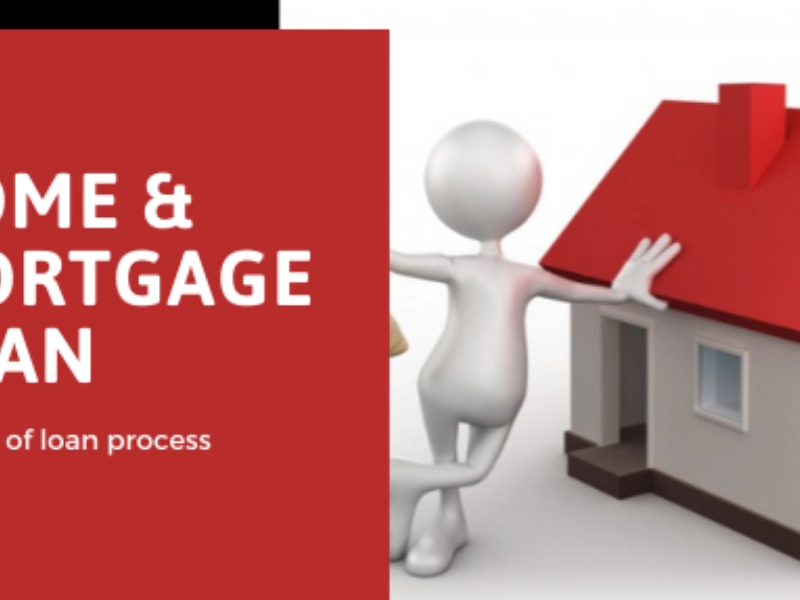
Equity owners can choose to take out a fixed-interest-rate loan against the value of their houses, which is less expensive than other types of consumer loans. When determining a borrower's ability to repay a loan, lenders often take into account their work status, debt-to-income ratio, and credit score.
Homeowners are using their equity less frequently as mortgage rates climb. Compared to 2022, there were 28% fewer mortgage borrowers who took out loans against their properties in 2023.
When taking out a home equity loan, which usually offers up to 125% of the home's worth, borrowers should proceed with prudence. They risk going into default and falling behind on their mortgage if they take out excessive loans. They risk losing the tax benefit for interest payments and winding up with debt greater than their house. This is a major argument in favor of borrowers using home equity loans exclusively for costs that are necessary to maintain the value of their properties.
3. More Loans Are Being Taken Out by Homeowners
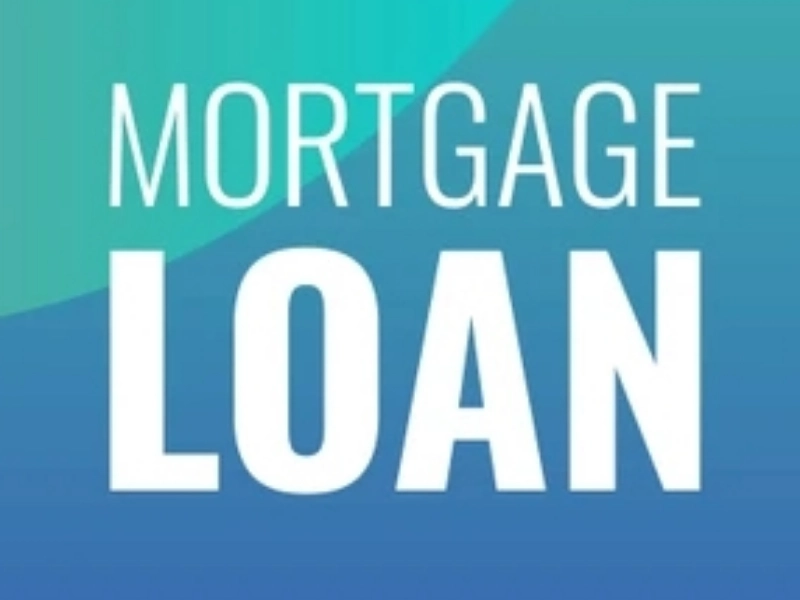
Many homeowners are able to access their houses' equity since mortgage rates are low and home values are increasing. The difference between a property's current market value and its outstanding mortgage balance serves as security for a home equity loan. Lump sum and revolving credit lines, known as HELOCs, are the two main forms of home equity loans.
Since the lender has more security with home equity loans than with credit cards or personal loans, the main benefit is that interest rates are usually lower. Furthermore, if the loan proceeds are utilized for home improvements, the interest paid on a home equity loan may be tax deductible.
Homeowners should be aware, though, that if they don't pay back the loan, their house could be in danger. Foreclosure may occur if payments are not made. When thinking about a home equity loan, homeowners should also carefully examine interest rates, fees, closing charges, and loan terms.
4. More Loans Are Being Taken Out by Homeowners
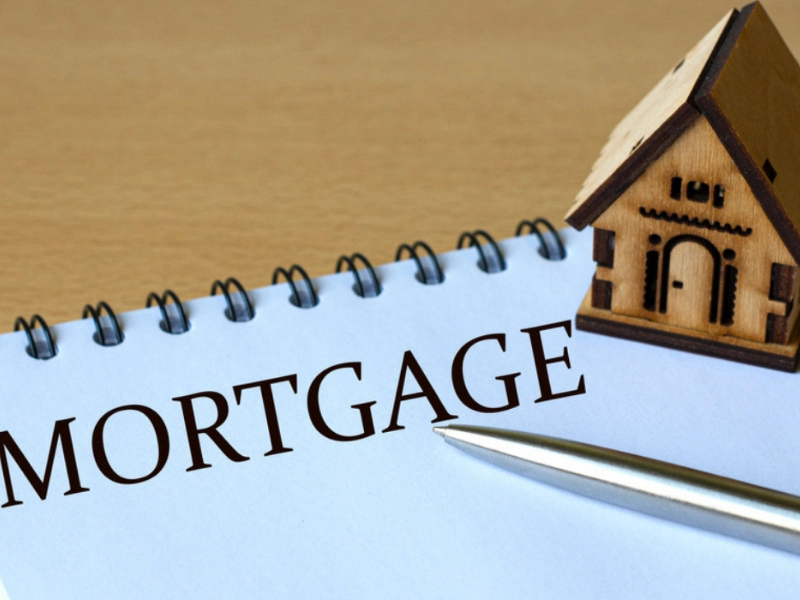
Over time, homeowners have amassed significant equity in their properties. According to real estate data company CoreLogic, the total value of homeowners' ownership stakes increased by $1.3 trillion in 2023 alone.
Cash-out refinances and home equity loans and lines of credit (HELOCs) are two ways to access that additional equity. Compared to credit cards or personal loans, these solutions might give you access to cash at cheaper interest rates.
But it's crucial to think about the dangers involved in taking equity out of your house. You run the risk of losing your home to foreclosure if you are unable to repay the amount. Furthermore, most mortgage interest is not tax-deductible. Examine the conditions and costs listed on lenders' loan estimate forms to decide if a home equity loan is the right choice for you. All lenders are required by the CFPB to furnish this typical three-page documentation. Your anticipated monthly payments as well as any related expenses, such as closing costs, application fees, and interest rates, will be included in these estimates.
Recommended Reading: What's The Difference Between A Loan Officer And A Mortgage Broker?


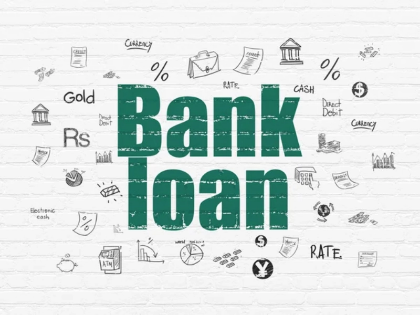








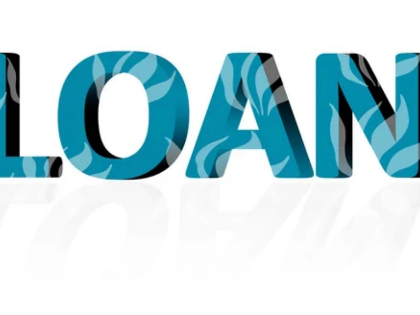


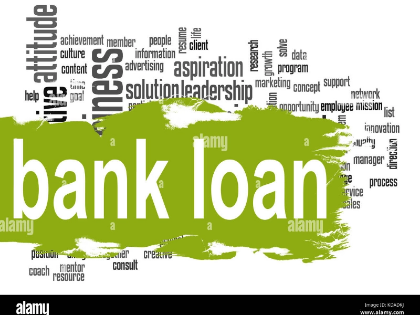


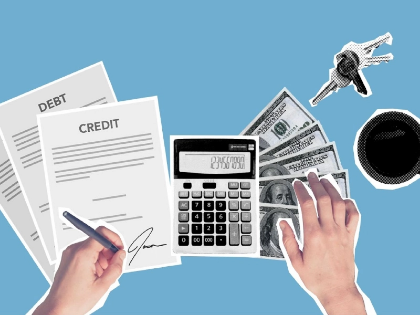
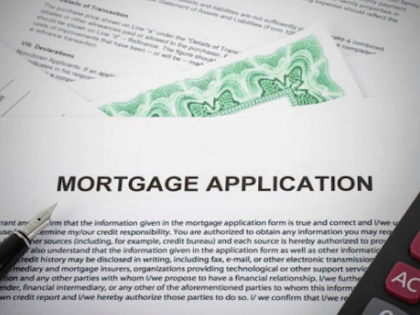





Encouraging tone.
Embeds context elasticity.
Encourages reversible steps.
Anticipates scaling tension points.